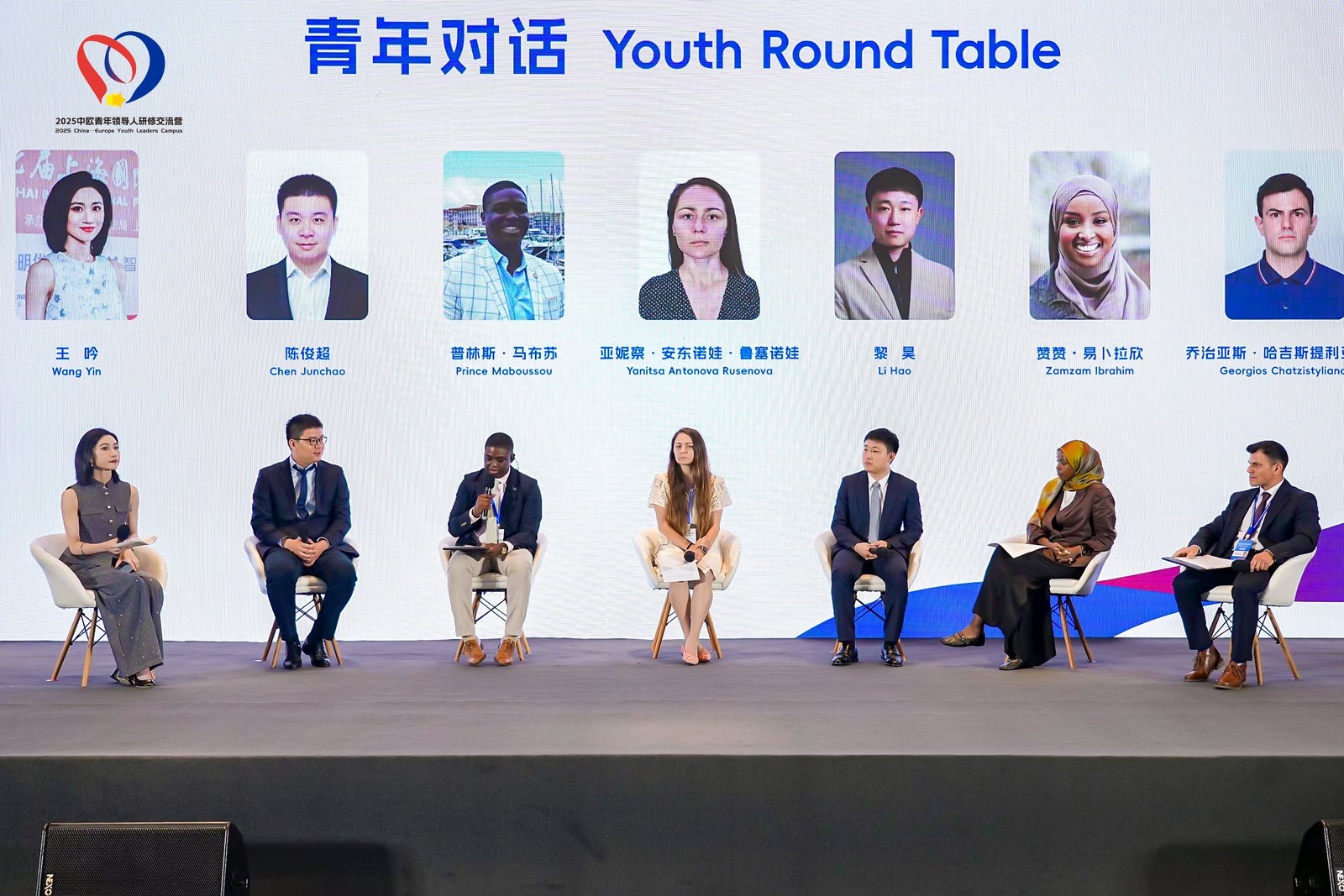This July, I travelled to China for the World Youth Development Forum 2025, held in Suzhou with over 200 youth leaders from across the globe. As Youth Advisor to the Green Jobs for Youth Pact and Board Member of SOS International, I was there to speak about our work building climate justice and green economic opportunities with and for young people.
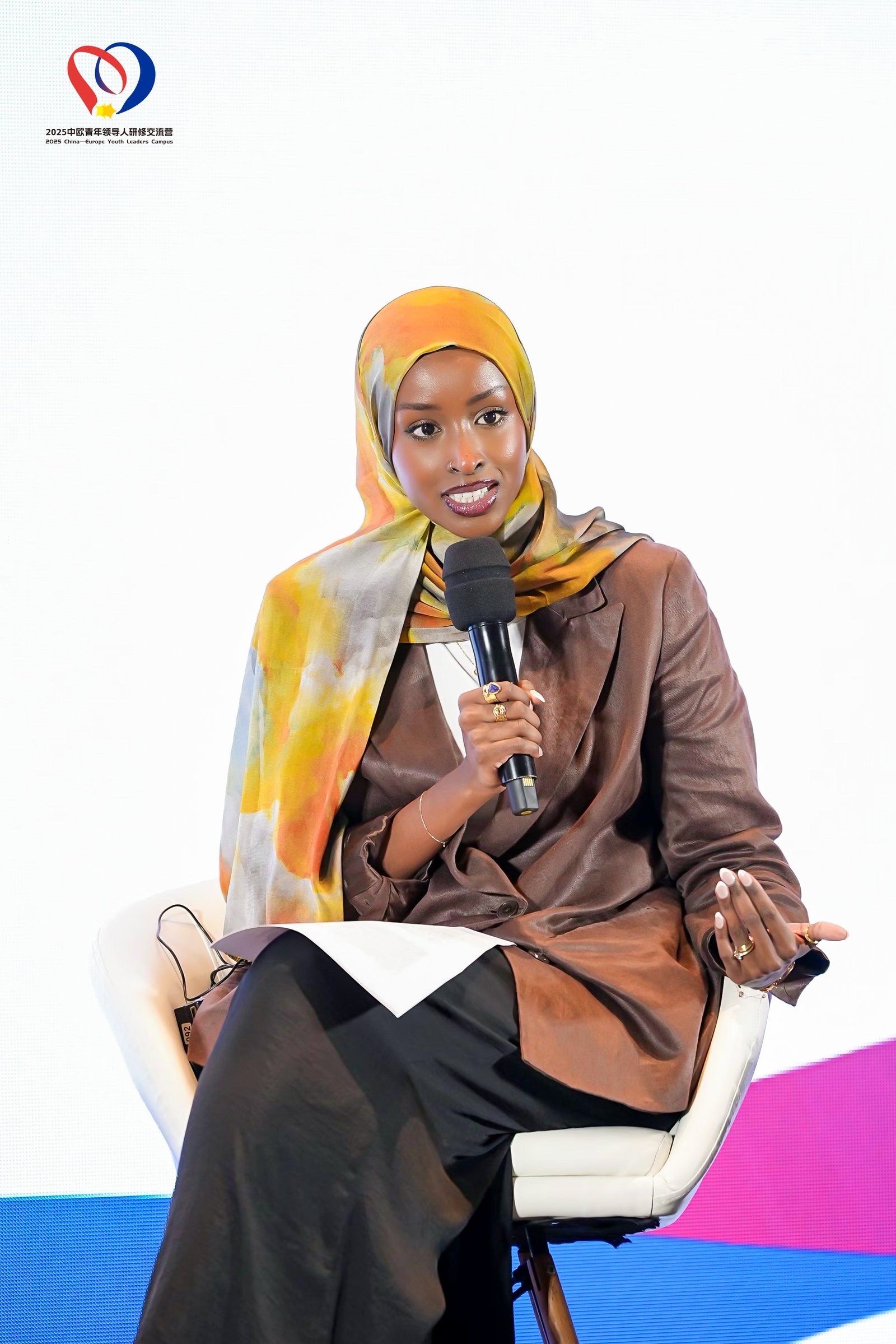
Being in China—one of the world’s biggest emitters, but also one of the biggest investors in renewables—added layers to the experience. It reminded me that the climate conversation isn’t black and white. China is often framed in the West as either a threat or a saviour when it comes to climate, but the truth is more complex. What’s happening on the ground is a mix of innovation, contradiction, and urgency. And the young people I met were not waiting for governments to act—they were already building, already resisting, already imagining better.
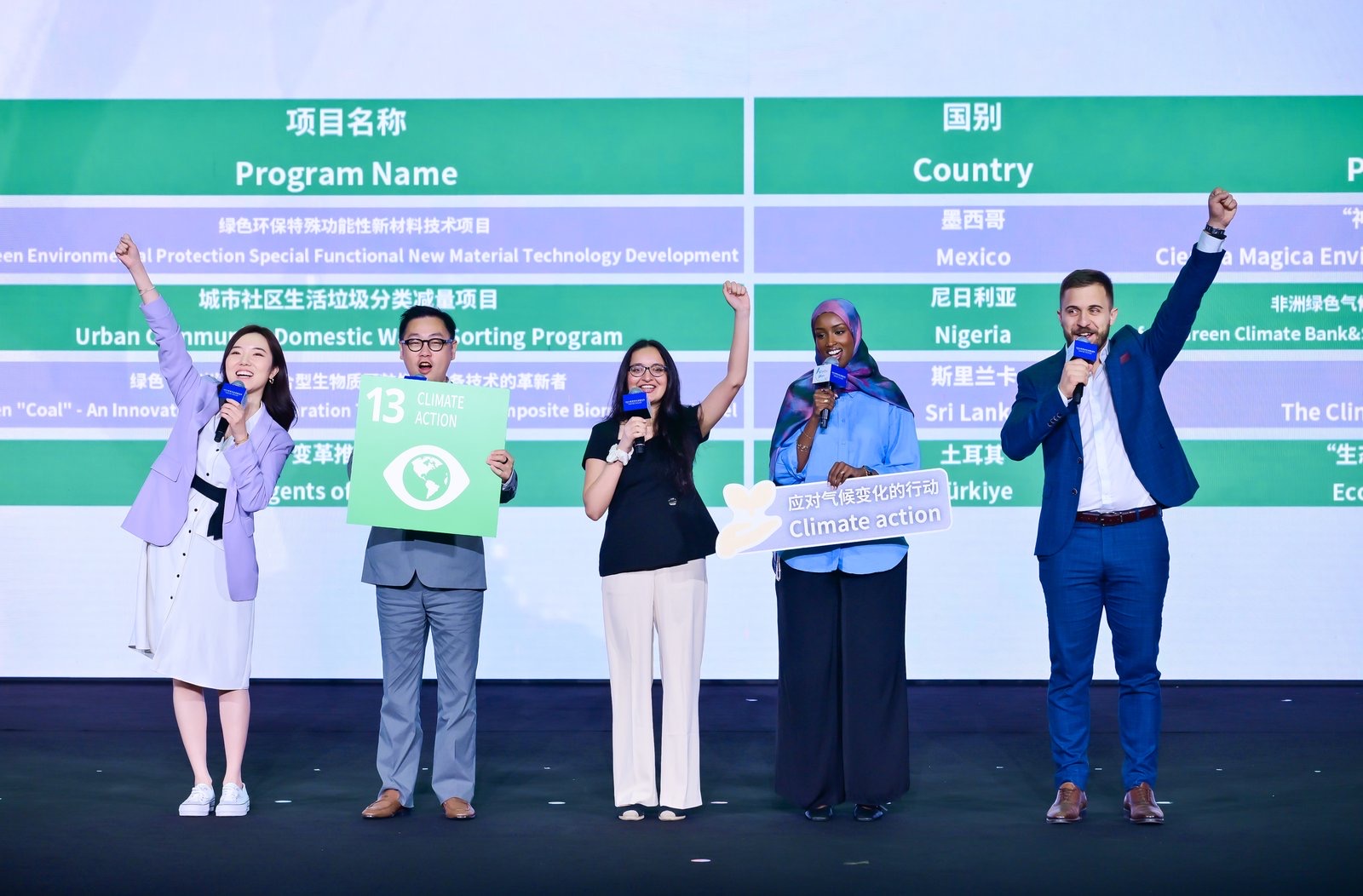
In my session, I spoke about how climate justice must also be economic justice. The Green Jobs for Youth Pact, co-led by the ILO, UNEP, and UNICEF, aims to create 1 million green jobs for youth by 2030. But this work isn’t just about numbers. It’s about shifting power. It’s about making sure the jobs we create aren’t just “green”—but rooted in justice, community, and dignity. Through SOS International, we’re campaigning, educating, and supporting young people to step into leadership—not in the future, but now.
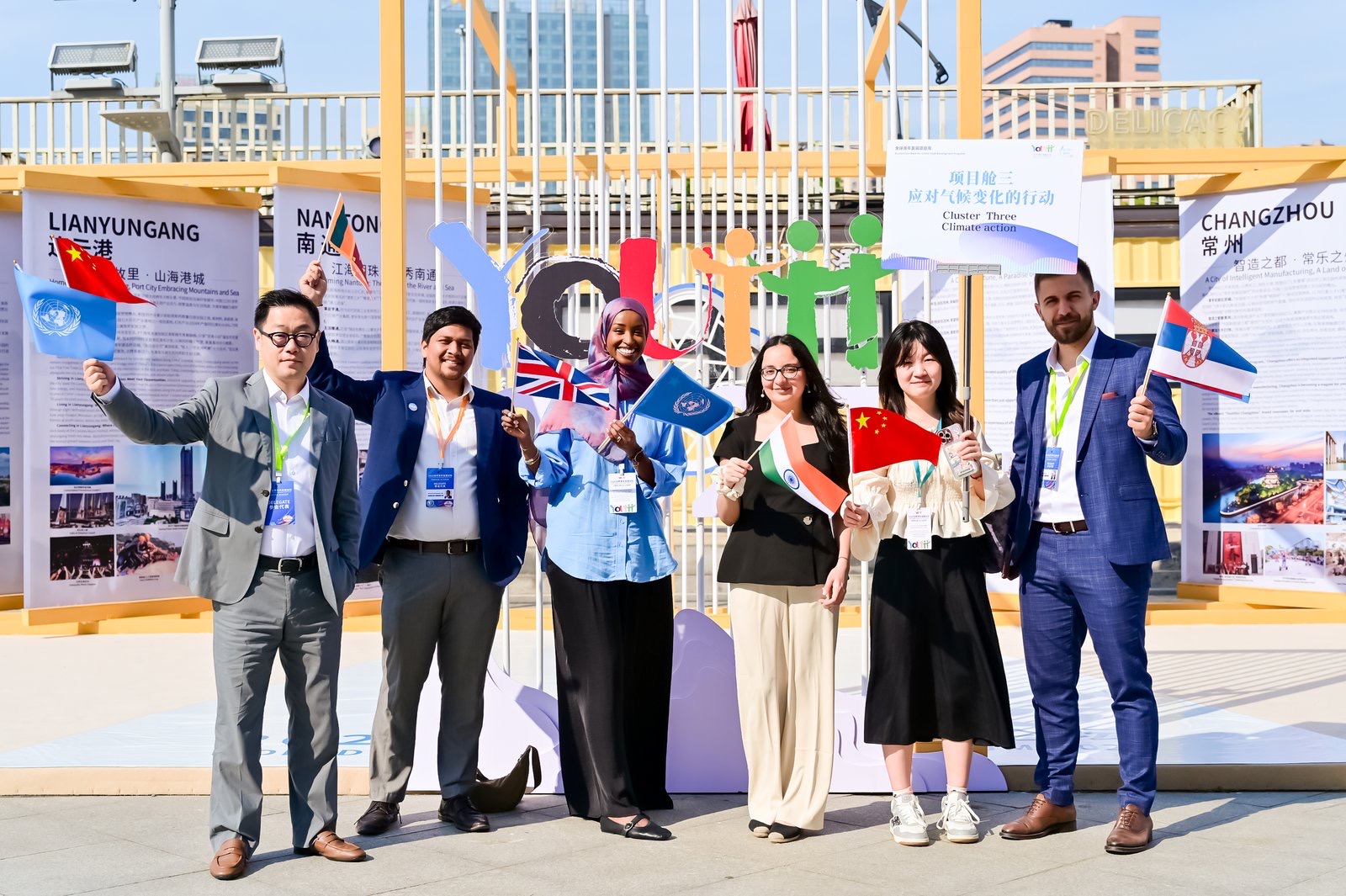
Our work was selected as one of the Top 100 Youth Action Plans of the forum, and that recognition felt meaningful, not as an accolade, but as a reminder that what we’re building together is part of something much bigger.
One of the most powerful things about this space was the people I met. Like Kaif, who created Climate Intelligence Network—a platform that lets anyone with a smartphone capture real-life climate data. It’s tech that centres people’s lived experiences. It gives communities tools to track changes in their environments in real time. And then there’s Bill, who invented Peropure, a portable water purification device that could save lives in areas hit hardest by disasters or infrastructure collapse. These aren’t just stories of innovation—they’re stories of love, survival, and defiance.
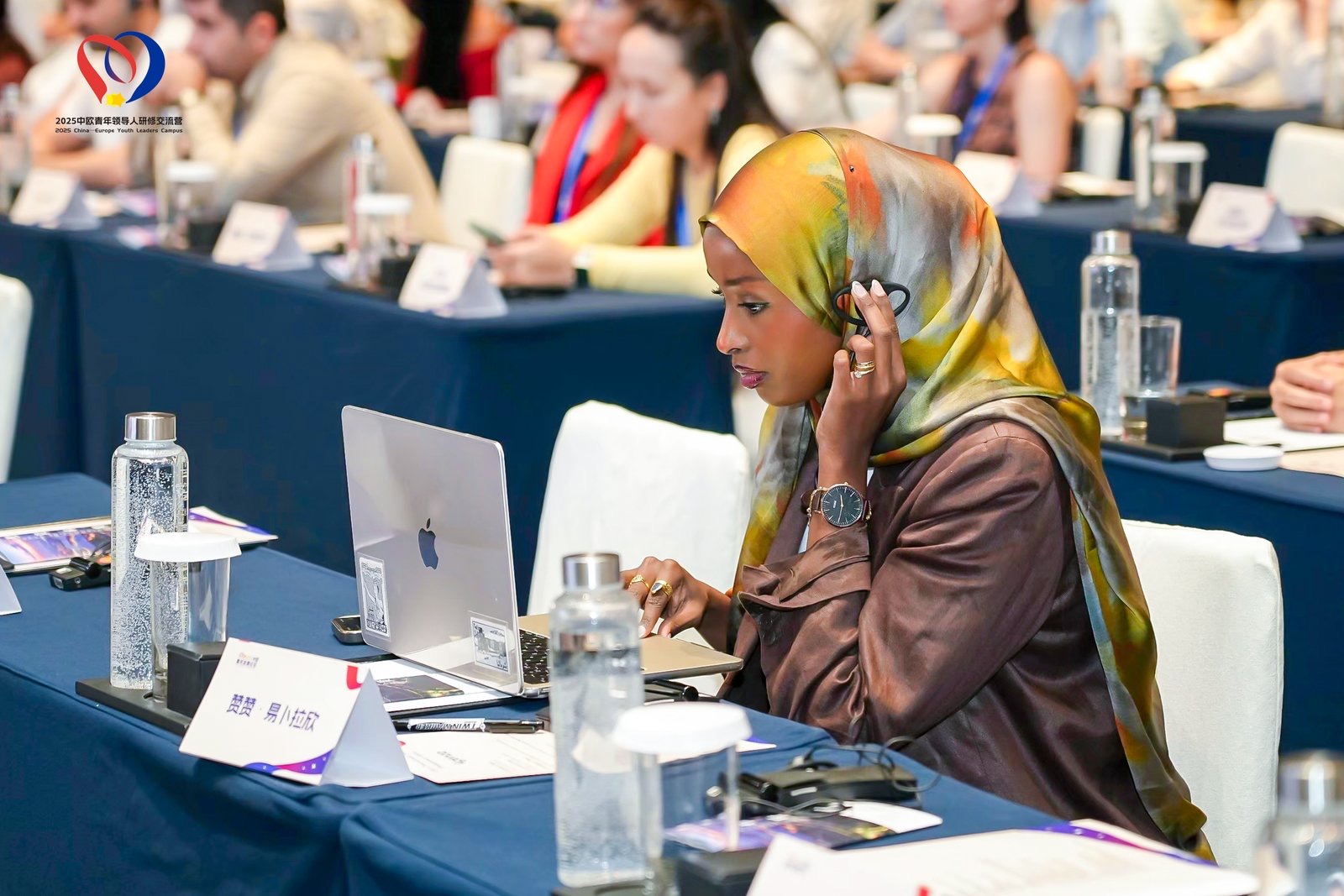
After Suzhou, I travelled to Shanghai for the China-Europe Youth Dialogue, where we continued exploring how we build meaningful partnerships across borders. From climate to health to education, we weren’t just talking policy—we were asking how we show up for each other across geographies, how we share what works, and how we hold power to account when it fails us.
Throughout it all, I kept coming back to this: forums like WYDF matter because they help us connect the dots. They remind us that we’re not alone. That even though our struggles may look different, they’re deeply intertwined. And that the people doing the work on the ground—educators, youth leaders, community organisers—need to be in the rooms where global decisions are made.
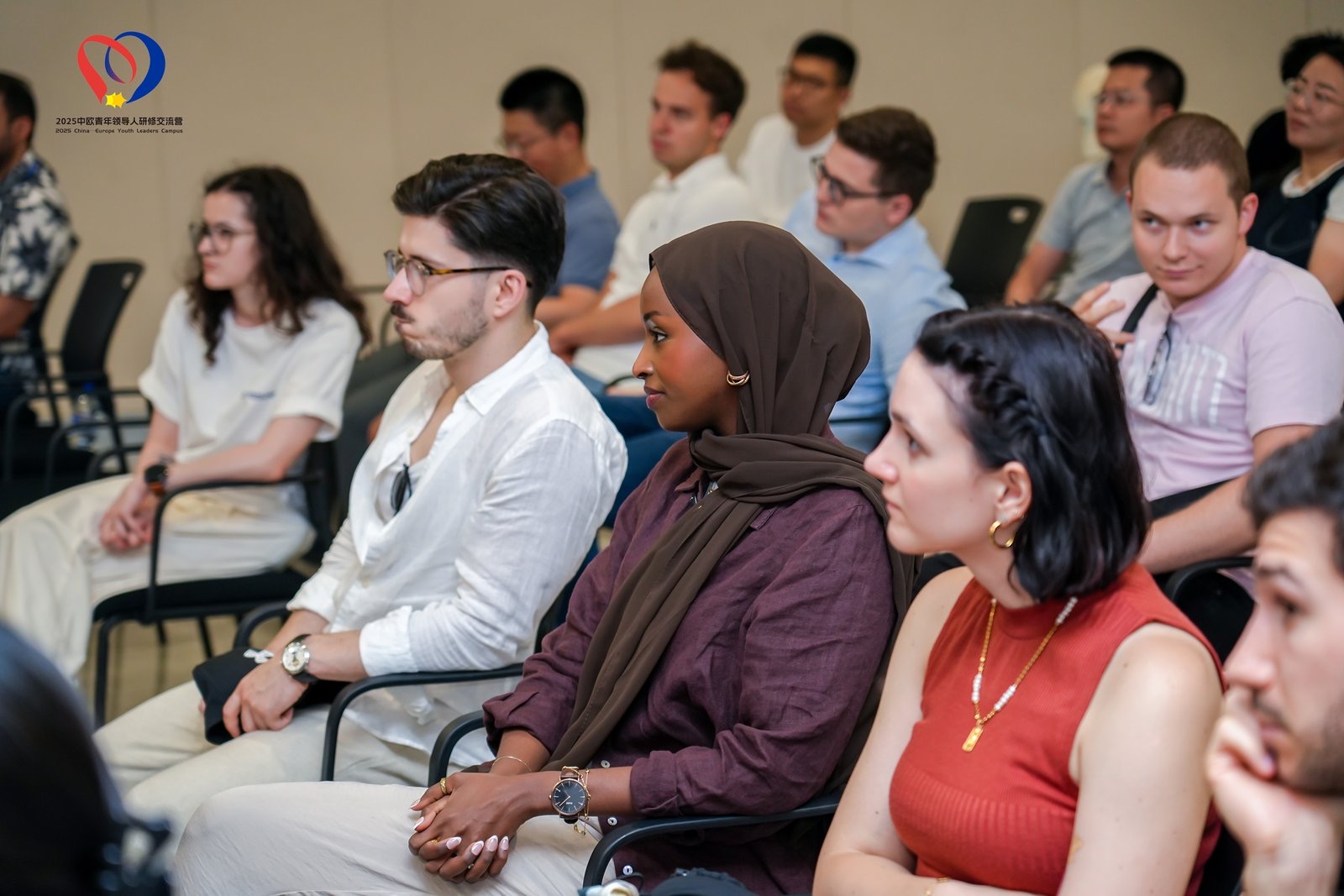
What I saw in China was that young people are not waiting for permission to lead. We’re already leading. We’re building new systems, speaking truth to power, and making space for each other. And when we come together—not just in rooms, but in solidarity—we become unstoppable.
This work is far from done. But moments like this remind me why we keep going. Because the world we’re fighting for is already being shaped by us, by now, by everyone who refuses to give up.
In Solidarity,
Zamzam




